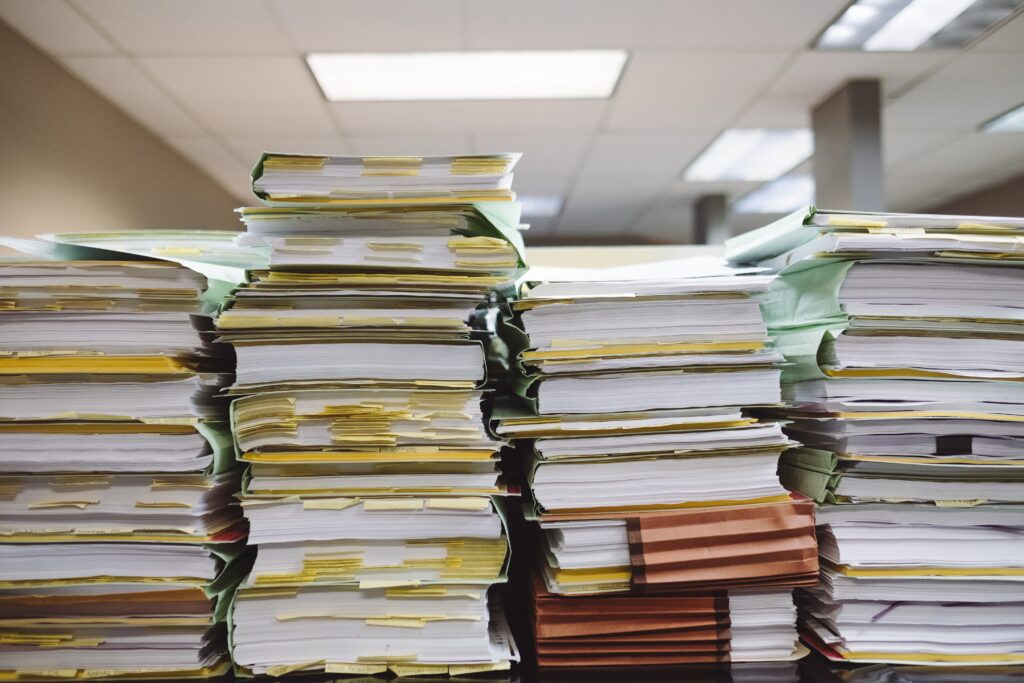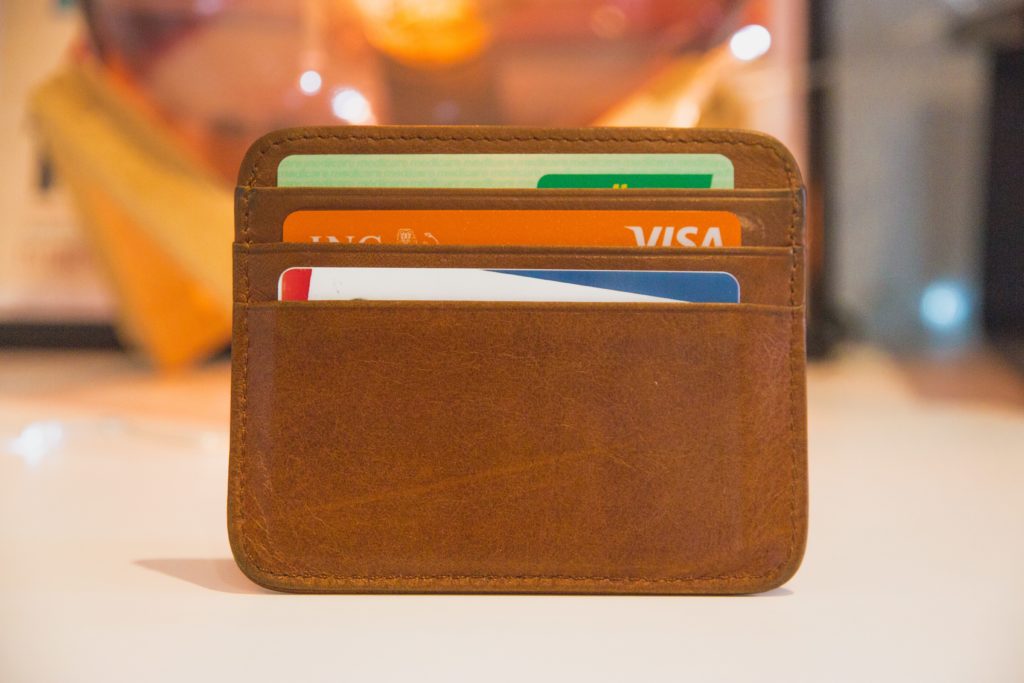Relocating to Valencia, it’s wise to remember, when in Rome, invest like a Roman. If you’re thinking of investing you will want to keep your money safe. Valencia is a peculiar place in terms of investment, so make sure you research your options and secure a good lawyer to guide you through the process. Do as much research as you can and forget about your previous knowledge surrounding investment. Valencia works differently.

The real estate market in Valencia works differently than what most buyers are used to. It is important to surround yourself with good professionals because this process can lead to unpleasant situations and surprises. So if you’re relocating to Valencia, make sure to contact a good lawyer in Valencia.
In many countries, it is safe and very common to invest in a property without the help of lawyers, in Valencia this is not the case! The job of a notary is also much more limited and superficial than in other countries. To make sure that you buy something without legal or tax problems you should hire a lawyer to guide you through this process.
The first thing that you have to keep in mind is that every property purchase involves an extra cost! This cost is about 15%-16% over the purchase price. (including taxes, notary and property registration fees).
Usually, there are three steps to a buying process here:
- Reservation contract
- Arras contract
- Signing at the notary
Before you even reach step 1, you should hire a lawyer. Contact your lawyer from the moment that you have seen a property that you like and would like to bid on.
In general, most property lawyers offer a package that includes the following:
- Research nota simple. Nota simple is the passport of the property which contains all basic information about it.
- Due diligence. Checking for debts and potential legal or financial issues.
- Editing, writing and clarification of all documents from the very first contact with the real estate agency selling the property.
- Checking the registration of the property status
- Checking and preparing the purchase draft with the notary
- Contacting the bank to prepare bank cheques and financial details
- Personal assistance on the day of the purchase
Right now you might think, “Yes, I’m relocating to Valencia, but why do I need a lawyer?” Let us give some examples of what could occur:
- In most cases, the one that is selling the property, is not the owner!
- Something else that we often see is that there are lots of debts attached to the property. You need to be aware of these debts!
- You will find structural damages to the building. How do you find out about this? You need your lawyer to do a proper investigation with the “administrador de fincas”, the neighbours, and the council.
- The building is not attached to the land. Which means that you are only buying bricks because the land belongs to the city. In Cabañal and Nazareth, this is very common.
- The seller is not a resident in Spain. This needs proper investigation in order to avoid future tax issues.
So, in conclusion: better safe than sorry and hire a lawyer!
Taxes

Non-resident tax — IRNR
If you are a non-resident you have to pay the non-resident tax. You only pay taxes on the profits that you make in the country. The payment is made quarterly or annually, this depends per case.
Which tax form do I have to fill?
You have to fill in the model 210.
What if I own a property as a non-resident?
In this case, you will have to pay two different taxes.
First, you have the IBI also known as Council Tax. You pay this once a year to the local government of where your property is located. Secondly, you have to pay the income tax. This one is more complicated than the IBI because it depends if you are renting your property or not.
ITP and AJD
If you are buying a newly constructed place, you have to pay the AJD tax (1’5% in Valencia) plus the VAT (10%). If you are buying a second-hand property in Valencia, you will have to pay ITPAJD for the 10% of the purchase price. And, if you are renting a place, you have to pay the ITP tax.
The Personal Income Tax (IRPF)
Every year you have to pay taxes for Spanish tax residents. What does this tax include? Well, everything that you have earned in a year, worldwide. However, this tax does consider your personal situation. To present this tax you have to fill the model 100 form. You have until the end of June, of the following year, to file this at your local tax office.
Wealth tax
Once a year, every resident and non-resident have to pay this tax. This tax takes into account the value of the assets at their disposal. However, this differs for residents and for non-residents. This means that it differs case by case, depending on your situation. If you are a resident, this tax takes into account all your assets made worldwide. If you are not a resident in Spain it only applies to the assets generated in Spain.
However, not everything will be taxed. You will not be taxed for household contents, pension rights or shareholdings in a family company. Luckily, there are more items to add to this list and these are only a few.
When do I have to pay this tax?
You will only be eligible if the total of your assets is worth more than a certain value. Regardless of whether you are a tax resident or not, in Spanish territory, you have a tax-free amount of €600.000. However, this kind of depends on the region. Some regions apply the general rule while others apply their own rules. In the Comunitat Valenciana, the wealth tax is between 0.12% – 3.25%.
Relocating to Valenia – Opening a Bank Account

If you are a long-term resident in Spain, it might come in handy to open a Spanish bank account. It is not required, you can also manage all your finances from another account. However, this might get costly and complicated in the end.
In order to open a non-resident bank account, you need to present your passport. A NIE is not obligated in this case. However, it depends on your bank if you can open a non-resident bank account. Some banks do not allow this, while others sure do. You will need to follow the procedure of your bank.
The best way to open an account is to request an appointment in person. If you don’t speak Spanish yet, you have to ask for someone who speaks English or bring a translator. There are also lots of agencies who can assist you with this. If you want to open a savings account for your children (less than 18 years old), the procedure is pretty much the same. You will have to provide their ID and yours.
Here’s a reminder on the key points…
- It is important to surround yourself with good professionals because this process can lead to unpleasant situations and surprises. Make sure to contact a good lawyer in Valencia.
- Right now you might think, “Why do I need a lawyer if I’m relocating to Valencia?” Let us give some examples of what could occur:
- If you are a non-resident you have to pay the non-resident tax. You only pay taxes on the profits that you make in the country. The payment is made quarterly or annually, this depends per case.
- Every year you have to pay taxes for Spanish tax residents.
- If you are a long term resident in Spain, it might come in handy to open a Spanish bank account.
- If you want to open a savings account for your children (less than 18 years old), the procedure is pretty much the same. You will have to provide their ID and yours.
For no-nonsense straightforward help with turning your dream of Relocating to Valencia into reality, contact Globexs on +34 962 06 68 14 or by email at info@globexs.com; or drop in to our Ruzafa office for a coffee. Como tu quieres!
Thank you for your sharing. I am worried that I lack creative ideas. It is your article that makes me full of hope. Thank you. But, I have a question, can you help me? https://www.binance.com/kz/register?ref=RQUR4BEO
Can you be more specific about the content of your article? After reading it, I still have some doubts. Hope you can help me.
I don’t think the title of your article matches the content lol. Just kidding, mainly because I had some doubts after reading the article.
Your article helped me a lot, is there any more related content? Thanks!
Your point of view caught my eye and was very interesting. Thanks. I have a question for you.
Thank you for your sharing. I am worried that I lack creative ideas. It is your article that makes me full of hope. Thank you. But, I have a question, can you help me?
Your article helped me a lot, is there any more related content? Thanks!
82501 372695if this post was likened to a flavor of yogurt, what flavor would it be? Banana, I think. 772945
161422 904992I dont leave plenty of comments on plenty of blogs each week but i felt i had to here. Do you want a lot of drafts to make a post? 308080
Your article helped me a lot, is there any more related content? Thanks!
578814 239605I genuinely thankful to locate this site on bing, just what I was seeking for : D too bookmarked . 842322
Your article helped me a lot, is there any more related content? Thanks!
278273 220913Hey! Good stuff, please keep us posted when you post something like that! 236579
I don’t think the title of your article matches the content lol. Just kidding, mainly because I had some doubts after reading the article.